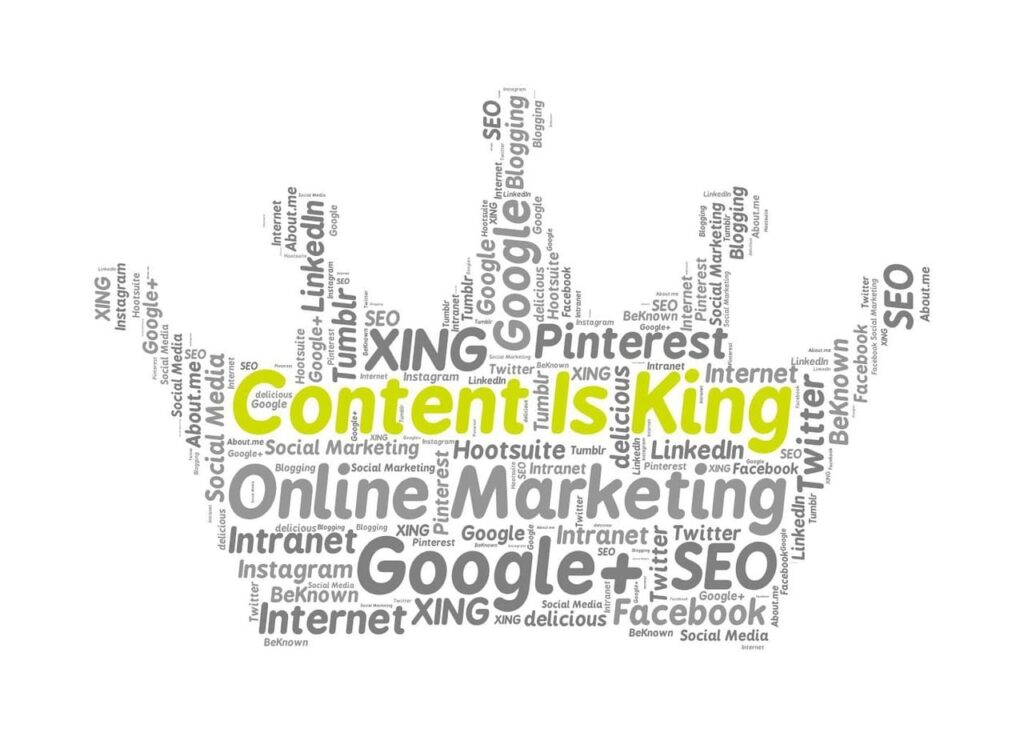Quick Links
Definition of Thought Leadership
The technique of positioning oneself or a business as an expert and reliable source in a specific topic or sector is known as thought leadership.
Strong Personal Branding
Table of Contents:
I. Introduction
- Definition of Content Marketing
- Importance of Content Marketing
II. Identify Target Audience
- Understanding the target audience
- Creating buyer personas
III. Set Objectives
- Defining marketing objectives
- Aligning objectives with business goals
IV. Develop Content Strategy
- Types of content
- Content creation process
- Content distribution channels
V. Measure and Analyze Results
- Key performance indicators (KPIs)
- Analyzing data
- Adjusting strategies based on data
VI. Continuously Improve
- Testing and experimentation
- Identifying areas of improvement
- Adapting to changes in the industry
VII. Conclusion
- Recap of fundamental targets of content marketing
- Future outlook on content marketing
here are the top ten Fundamental Targets of Content Marketing:
- Attracting and engaging with potential customers
- Building brand awareness and brand reputation
- Increasing website traffic and search engine rankings
- Generating leads and sales
- Providing value and solutions to customer problems
- Establishing thought leadership and expertise in industry
- Fostering customer loyalty and retention
- Differentiating from competitors
- Providing content for social media and email marketing campaigns
- Measuring and analyzing the effectiveness of content marketing efforts
Search engine rankings
Watch your search engine rankings for keywords associated with your field of expertise or industry.
It can be a sign that your thought leadership content is useful to your audience if it appears highly in search engine results.
If the search engine results page is showing your results it simply means that you are outperforming your competitors.
Content Performance
Monitor the effectiveness of your specific pieces of content, such as blog articles, white papers, and videos.
To determine which pieces of content are connecting with your audience and which ones are not, take a look at analytics like views, downloads, and time on page.
This might assist you in choosing the subjects and presentation types you want to concentrate on in the future using data.
The fundamental targets of content marketing can vary depending on the specific goals of a business, but some common targets include:
- Website Engagement: Creating content that engages website visitors and encourages them to spend more time on your site is an important target of content marketing. This can include producing blog posts, videos, infographics, and other types of content that are informative, entertaining, or otherwise valuable to your audience.
- Business Conversion: Ultimately, the goal of content marketing is often to drive business conversions, such as sales, leads, or sign-ups. By creating content that addresses the needs and pain points of your target audience, you can help to build trust and establish a relationship that leads to conversions.
- Brand Awareness: Creating content that helps to increase brand awareness and recognition is another important target of content marketing. By producing high-quality content that showcases your brand’s values, personality, and unique selling proposition, you can attract new customers and build loyalty among existing ones.
- Customer Retention: Retaining existing customers is a key objective for many businesses, and content marketing can be an effective way to achieve this goal. By producing ongoing, valuable content that helps customers get the most out of your products or services, you can build loyalty and increase retention.
- Audience Growth: Content marketing can also help businesses to grow their audience by attracting new visitors to their website or social media channels. By producing high-quality, shareable content that resonates with your target audience, you can increase your reach and build a loyal following over time.
- Thought Leadership: Establishing your brand as a thought leader in your industry can help to build credibility and trust with your audience. By producing insightful, informative content that showcases your expertise and knowledge, you can position your brand as a go-to resource for information and insights.
- Search Engine Optimization: Creating content that is optimized for search engines is another key target of content marketing. By producing content that includes relevant keywords and meets the needs of your target audience, you can improve your search rankings and attract more organic traffic to your website.
Sharing is Caring

























